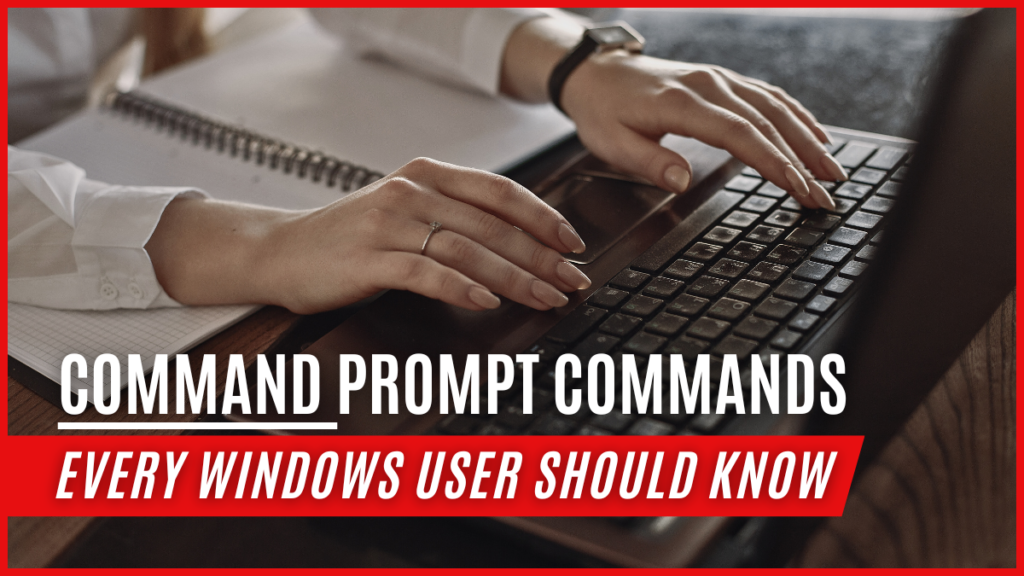Command Prompt Commands:
For many computer users, the Command Prompt is an enigma, a mysterious realm beyond the familiar graphical user interface (GUI) that typically greets us upon powering up our machines. However, beneath the surface of this text-based environment lies a wealth of power and versatility that can, with a little practice, prove invaluable to both casual and power users alike.
Today, we embark on a journey into the domain of the Command Prompt, unearthing a collection of essential commands that should be part of every Windows user’s toolkit. These commands will empower you to navigate your file system with ease, troubleshoot network issues effectively, and optimize your system’s performance for a seamless computing experience.
Here are some of the most useful Command Prompt commands that every Windows user should know:
1. cd (Change Directory):
The cd command is used to change the working directory. This is the directory that the Command Prompt will use when you run other commands. For example, to change to the Desktop directory, you would type:
cd Desktop
2. dir (Directory Listing):
dir (Directory Listing): When you’re in uncharted land, the dir command comes in handy. It displays a detailed overview of the contents of the current directory, exposing the files and folders included within.
dir3. copy (Copy Files):
copy (Copy Files): Whether you’re duplicating important documents or backing up essential data, the copy command is your indispensable ally. It effortlessly replicates files from one location to another, ensuring your valuable information is always within reach.
copy Desktop\myfile.txt Documents4. move (Move Files):
move (Move Files): When you need to relocate files without leaving behind any traces, the move command is your go-to tool. It not only transfers files but also eliminates them from their original location, streamlining your file organization.
move Desktop\myfile.txt Documents5. del (Delete Files):
del (Delete Files): Sometimes, decluttering your digital workspace is essential. The del command, with its swift and decisive action, permanently removes unwanted files from your system, freeing up valuable disk space.
del Desktop\myfile.txt6. rename (Rename Files):
rename (Rename Files): A simple yet powerful tool, the rename command grants you the ability to customize the names of your files and folders. Whether it’s for clarity or organization, this command puts you in control of your digital nomenclature.
rename Desktop\myfile.txt mynewfile.txt7. ipconfig (Display IP Address):
ipconfig (Display IP Address): In the vast expanse of the internet, your computer needs a unique identifier to navigate. The ipconfig command unveils this vital information, revealing your computer’s IP address, the key to seamless network communication.
ipconfig8. ping (Test Network Connectivity):
ping (Test Network Connectivity): When network connectivity issues arise, the ping command becomes your diagnostic tool. It sends a signal to a specified destination, confirming or denying the presence of a network connection, helping you pinpoint the source of any disruptions.
ping google.com9. netstat (Display Network Connections):
netstat (Display Network Connections): The netstat command is your trusted advisor for a thorough overview of your computer’s network activity. It shows the flow of data in and out of your system by providing a full list of all active network connections.
netstat10. shutdown (Shut Down Your Computer):
shutdown (Shut Down Your Computer): Whether it’s time to wrap up your day or initiate system updates, the shutdown command gracefully powers down your computer. It ensures a proper shutdown, safeguarding your data and maintaining system integrity.
shutdown /sThese are just a few of the many useful Command Prompt commands that are available. With a little practice, you can learn to use the Command Prompt to perform a wide variety of tasks.
